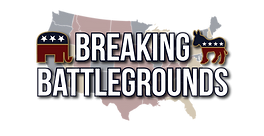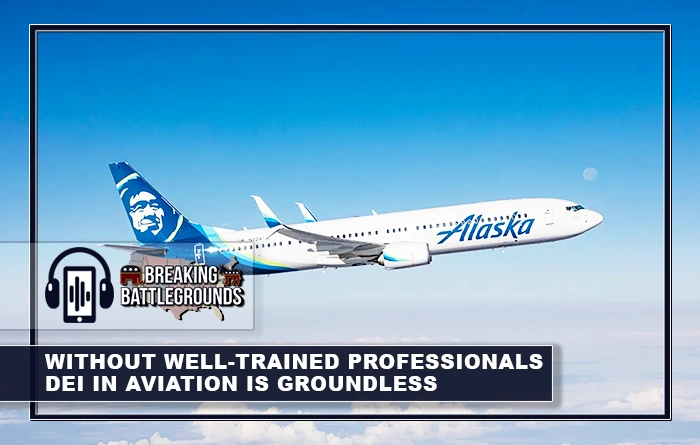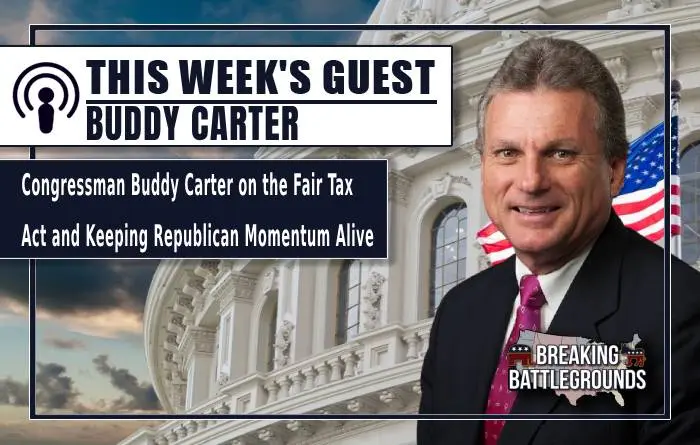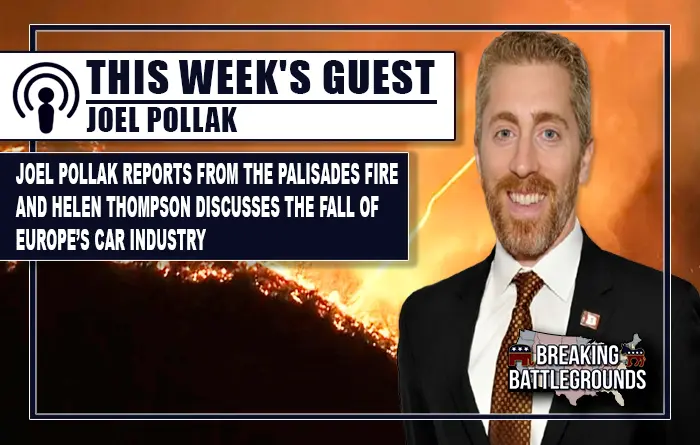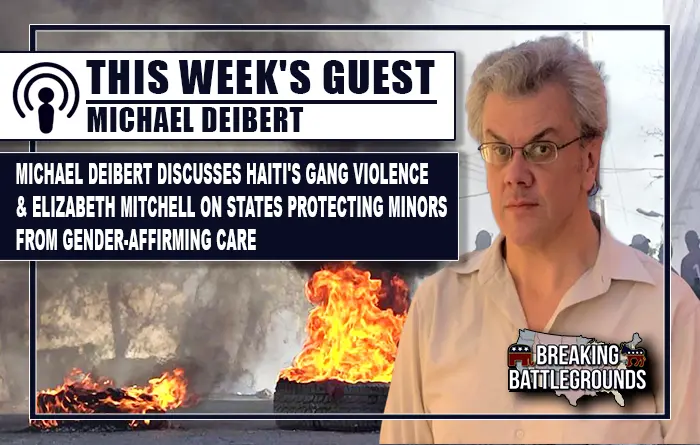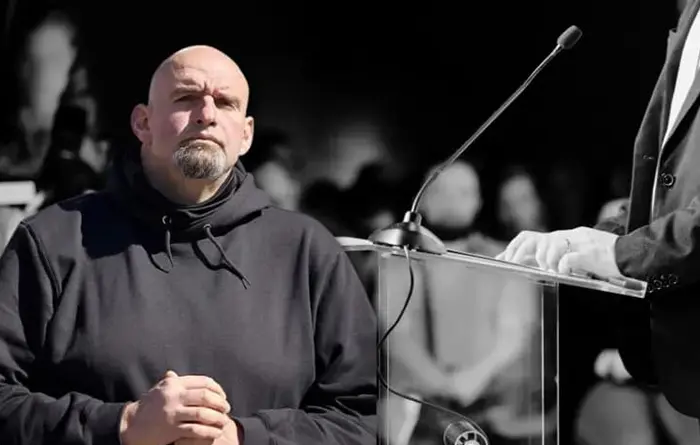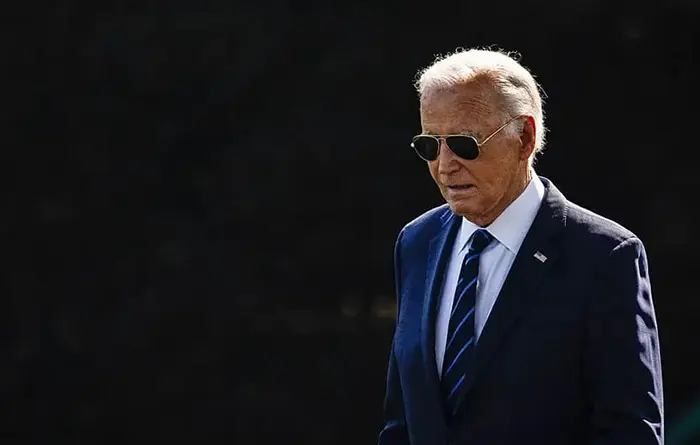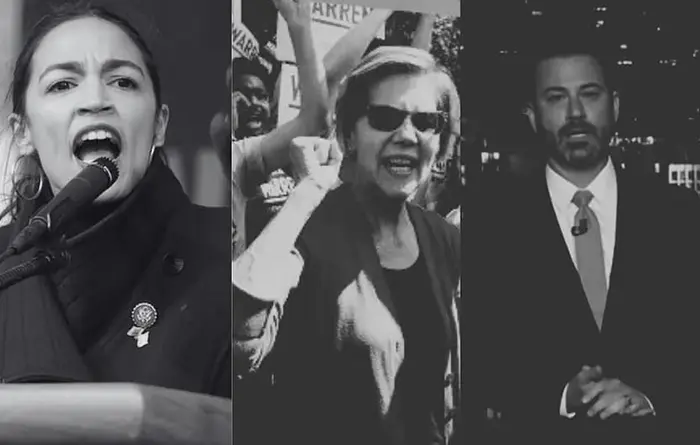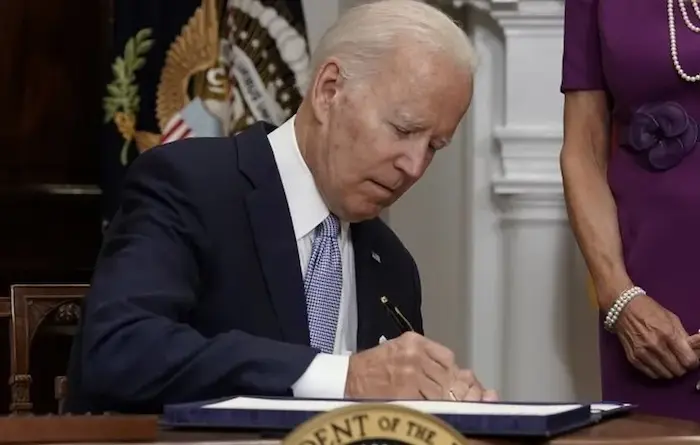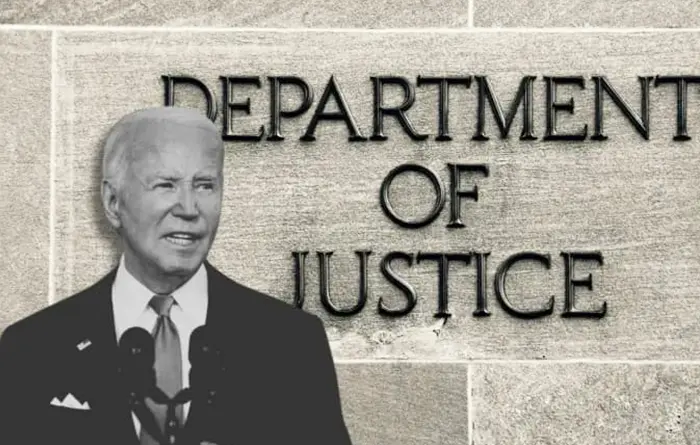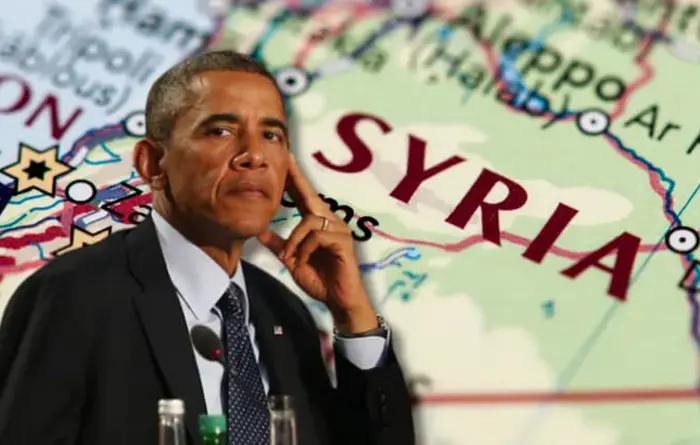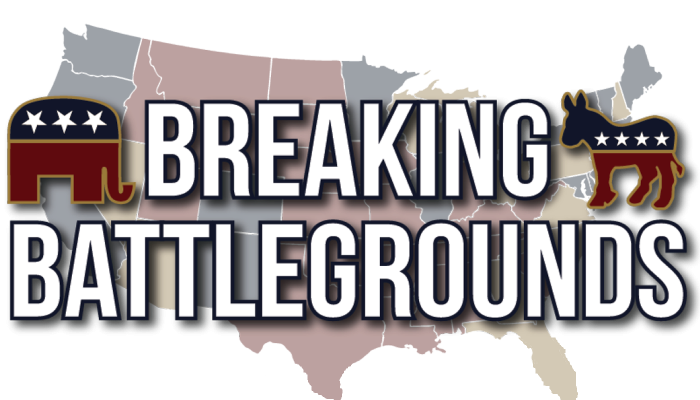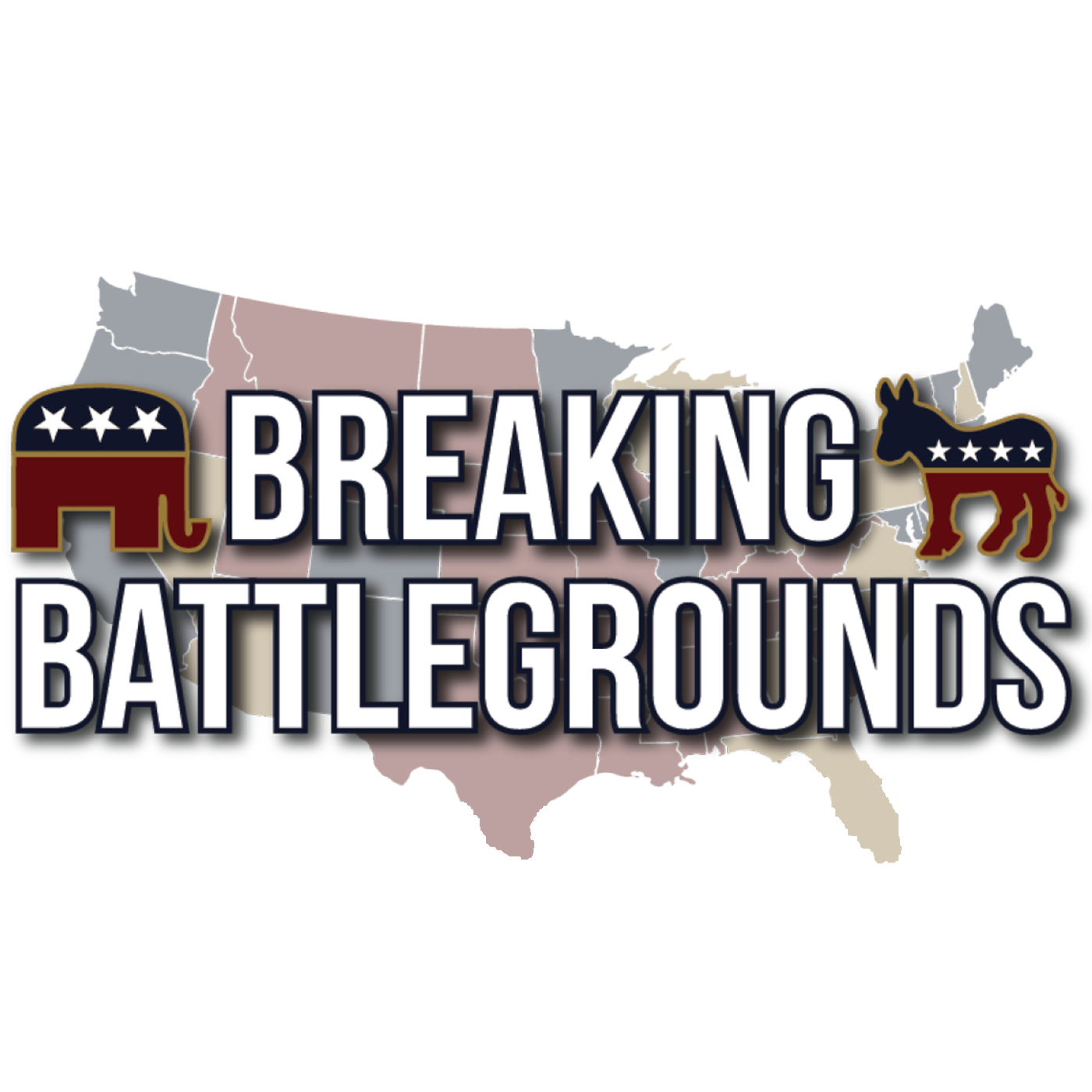When the door blew off of Alaska Flight 1282 and the cabin depressurized and sucked all the life-supporting oxygen out of the cabin, do you think any of the passengers asked themselves, “I wonder what DEI score Alaska Airlines has?” Do you think any of them were comforted by the recent FAA push to hire workers who suffer “severe intellectual” disabilities, psychiatric problems and other mental and physical conditions?
The flying public doesn’t care about the aircrew’s skin color, gender, or sexual orientation. They DO care about having a well-trained professional at the controls who exhibits the requisite knowledge, skills, and judgement. They want someone who can get them safely to their destination, or at least back on the ground safely when a door blows out or an engine explodes. Those skills are taught. Those skills are learned. Those skills are developed over years of practice and experience and have nothing to do with DEI.
After the passengers, the person most impacted by the FAA’s DEI crusade is the young, diverse pilot, mechanic, or FAA inspector who has spent years training and sacrificing to develop the professional knowledge, skills, and judgement required by the career. In spite of the efforts to earn their stripes like everyone else, now they must suffer the jaundiced view of coworkers or the flying public who might erroneously think they haven’t really earned their professional status. What an insult to their hard work and earned professionalism! These young diverse professionals deserve better.
Perhaps the saddest part of the entire situation is that creating a more diverse and inclusive workforce in aviation (or any profession for that matter) is a problem we can solve with a few years of proper effort. Professionals go through rigorous training and validation to achieve the required abilities. Right now, most companies wait until a professional is developed before recruiting them. This limits the pool of qualified and diverse professionals to choose from and companies focus on candidates that can increase the DEI score. This approach only exacerbates the problem and creates animosity among the professionals in the candidate pool.
What companies should do is recruit diversity earlier in the training pipeline. Focus on finding raw talent in underrepresented and underserved communities and promote professional career development at the high school, or even grade school level. Invest in creating training opportunities for a diverse workforce early. Build programs that empower all students (who desire) to develop the professional knowledge, skills, and judgement. Professionalism, in any career, is learned and taught. Find the raw talent in a diverse population and teach them. The talent will rise to the occasion and meet the requirements of the profession. In a few years, we will have a group of qualified professionals who look like the melting-pot America we all love.
The flying public doesn’t care about DEI. They care about having someone at the flight controls, maintaining the airplanes, and controlling the air traffic who has the professional abilities to bring them safely home on a dark, stormy night.
Invest in the next generation at the correct level, and achieve the DEI objectives once and for all while managing the risks and achieving safety. Then next time you hit a little turbulence, you can rest easy knowing you are in the hands of qualified (and diverse) professionals.
About the Author
Brock Booher is an aviation professional of over 35 years, published author, small business owner, and grandfather who believes everyone can pursue a dream.
